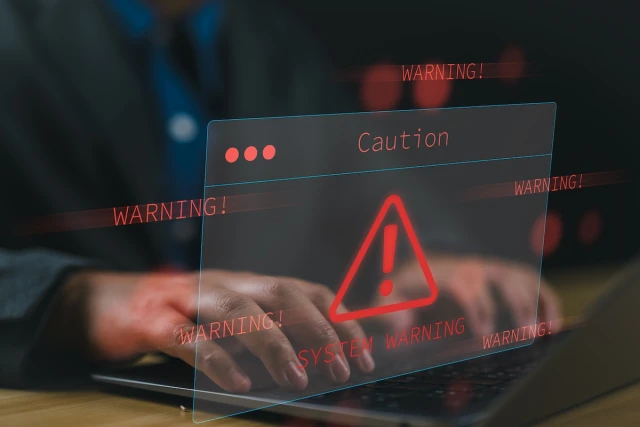Israel ranks third globally for cyberattacks according to recent Microsoft report

Israel is the third most targeted country in the world in terms of cyberattack volume, according to Microsoft’s Digital Defense Report 2025, published on Thursday. The report, which covers cyberattack trends from July 2024 to June 2025, highlights Israel’s increasingly vulnerable position in the global cyber landscape. The United States and the United Kingdom ranked first and second, respectively.
The report revealed that the Islamic Republic of Iran was identified as being responsible for nearly two-thirds (64%) of all cyberattacks on Israeli targets, while the remainder were attributed to Russia and various ransomware gangs. Overall, 3.5% of global cyberattacks targeted Israel, compared to 24.8% directed at the U.S. and 5.6% against the United Kingdom.
Israel experienced 603 cyberattacks during the reporting period, accounting for roughly 20.4% of all cyberattacks in the Middle East and Africa – by far the highest number recorded in the region. The Microsoft report assessed that there is an “exceptionally high” threat level against Israeli government institutions, as well as the public and private sectors. The report noted that the increase in Iranian cyberattacks against Israel is part of the ongoing rivalry between the two countries, as Israel has been launching attacks on Iranian state and infrastructure targets.
Following the Hamas Oct. 7, 2023, terror attack, the Iranian regime and Iranian-linked hackers dramatically increased cyberattacks on Israeli targets in support of Hamas. The report stated that Iran’s cyber operations against Israel are intended to recruit individuals to spy for Tehran, disrupt critical services, and collect intelligence on the Jewish state.
Israeli cybersecurity company Radware revealed in June that Iranian cyberattacks against Israel increased by an unprecedented 700% amid the Israeli aerial strikes on Tehran’s nuclear and ballistic missile sites during the 12-day war.
“The 700% surge in malicious activity within just two days stems from cyber retaliation operations by Iranian state actors and pro-Iranian hacker groups, including DDoS attacks, infiltration attempts targeting critical infrastructure, data theft, and malware distribution campaigns,” explained Ron Meyran, vice president of Cyber Threat Intelligence at Radware.
In March, Israeli Deputy Cyber Defense Chief Nitzan Amar announced a 300% increase in cyberattacks from Iran and Hezbollah, its terror proxy in Lebanon, against Israel since Oct. 7.
“The last year was not a normal year, but a challenging and unique one,” he stated at the Cybertech 2025 conference in Tel Aviv. “Ever since the war broke out, we have observed a major amplification in the scope of Iran and Hezbollah’s malicious activity targeting Israeli entities.”
However, Amar emphasized that Iran and its allies had so far failed to damage Israel’s critical national infrastructure or disrupt the operations of the Israeli military.
“Despite our enemies’ efforts, not a single attack targeting an Israeli entity was able to harm neither our national infrastructure, nor the IDF operational freedom to fulfill its missions since October 7.”
Israel is itself ranked among the world’s leading cyber tech countries.
While Israel remains Iran’s top target, Tehran has also directed cyberattacks against other countries. The director of the Israel National Cyber Directorate (INCD), Gaby Portnoy, warned in June that Iranian cyber attacks had become a global threat.
“We have identified that Iran is attacking its allies and other countries for information extortion and damaging digital services,” Portnoy announced during the Cyber Week 2025 conference in Tel Aviv.
“The information stolen from government systems is then used for Iranian cyberterrorism,” he warned.

The All Israel News Staff is a team of journalists in Israel.
You might also like to read this:











